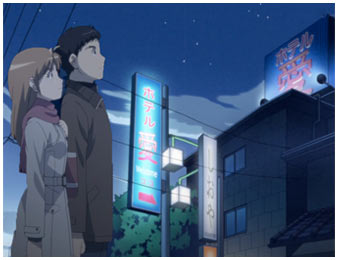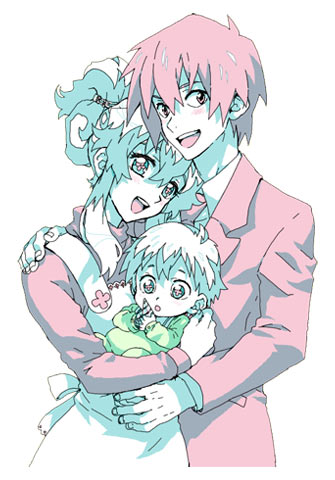When foreigners visit Japan, they naturally focus on certain areas that stand out to them as unique, like maid cafes in Akihabara, Japan’s sprawling pachinko parlors, or toilets that wash your butt for you. The bank Seven-Eleven operates through its convenience stores might be seen as odd, as well as vending machines that sell all manner of strange items from bags of rice to eggs to Hello Kitty, er, shoulder massagers. Then there are Japan’s famous love hotels. out-of-the-way places where couples can go for a little privacy, which cost around $40 for a “rest” (a two-hour period) or $80 for “stay” (all night). The phenomenon of love hotels supposedly grew out of tsurekomi-yado, Japanese inns that sprouted around the U.S. military headquarters, and they’re a huge industry now. Modern love hotels have a lot to offer couples: rooms with flamboyant interiors like the Alcatraz-themed hotel or the replica of the Queen Mary located near J-List, exotic baths and in-room pools, karaoke machines, plus the promise of total privacy since you can pay without meeting anyone. I’ve got an odd theory that love hotels are actually important at helping Japanese society maintain its strong family bonds. In the U.S., it’s all too common — and I am basing this on what I’ve observed among members of my family and friends families — for couples at a certain age to move in together, since there’s no other way for them to spend time without parents or others around, no place for them to go. Besides various potential complications, living together informally is said to lead to a higher divorce rate later. Since Japanese always have access to privacy if they desire it, couples living together for that reason (at least) is less prevalent here, which helps families disintegrate less than they might otherwise.

Love hotels are a unique facet of Japanese life.















